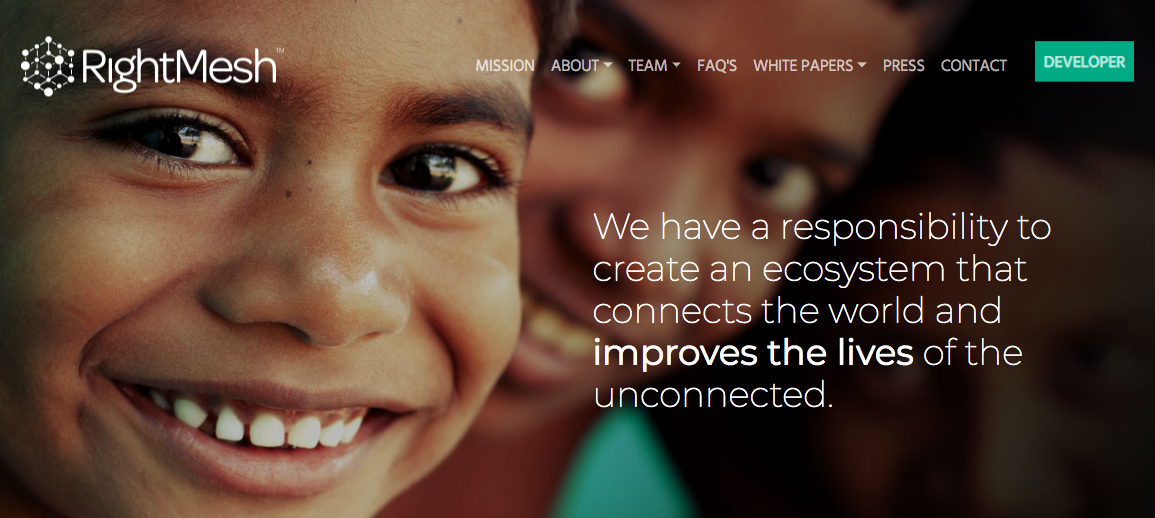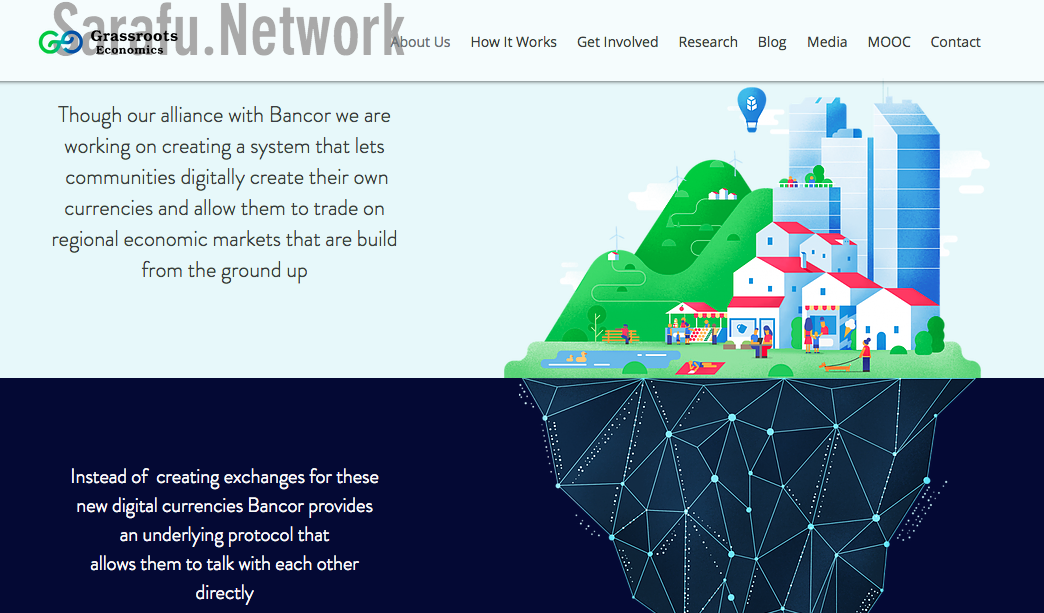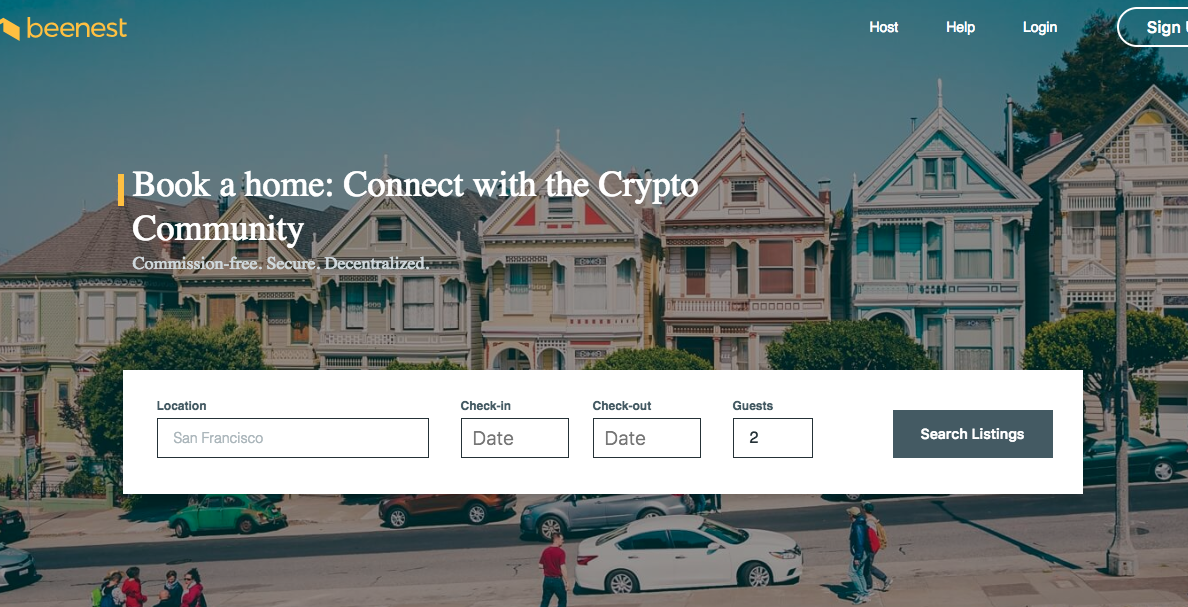
Over the past decade the sharing economy brought an incredible amount of innovation and efficiency to the world of business. But unfortunately its revolutionary promise of a ‘peer-to-peer’ fairer economy, didn’t really happened as one would expect. The shareholders and CEOs of its most known platforms – rather than the people -have emerged as the true winners, playing the role of middlemen and charging rent to the tune of billions. If we look at platforms like TaskRabbit, Uber and others we can see how they were financed through the usual schemes of venture capital. Those large sums of investment was what provided the platforms with the capability to achieve the important Network Effect, that makes them so useful to most of us, but on the other hand, it just contributed to the deepening of the unfair consequences of the present economic system in which we live: inequality.
The reason why? Most of us, using those sharing economy platforms, don’t get paid for sharing our assets, such as our data, our content, our photos, or are paid little for sharing things like our houses, tools, work. Plus, by using always the same platform, we contribute to the creation of monopolies: Google for search, Facebook for social media, Airbnb for housing, Uber for transportation…
There are some answers on the horizon, and one of those answers is blockchain technology, the iconic technology everyone is talking about. To put it simple terms, blockchain is a novel kind of database, constructed in such a way that it is decentralised, thus more trustworthy and transparent then the previous systems of data. But is that so ? As we slowly awaken to the reality of living in a post truth world, most of us, don’t know where to look for reliable projects that are seriously trying to deliver what they aim for. Over the past 2 years, a fever around blockchain ICO’s, the innovative fund raising process used by various startups interested in blockchain technology, led to the emergence of blockchain projects that promise a lot… and deliver nothing. Anyway, at the inception of something new, it is expected that many experiments fail, for lots of different reasons. It is part of the process of getting something experimental going and evolving.
Regardless of the confusion in the blockchain/sharing economy sector, I still keep my hopes high for its revolutionary potential. Plus, it is actually easier then ever to track what blockchain projects are serious and have the potential to bring significant changes to the world. As a matter a fact, one just needs to google some of the elements of its team, read a bit of the news reviews about the project, test the platform available … and you will soon get a feeling about the projects capability to achieve their goals.
Here are some blockchain projects working in the field of the sharing economy, that are under development or already available, based on a list assembled by shareable. Dare to try them out, and discover for yourself if they will deliver what they promise!
Right Mesh
The innovative blockchain project known as Right Mesh is based in Canada. This projects aims to help provide greater access to the internet for people where this can be limited, by allowing them to set up their own networks. The way this works is that information can be transmitted between a range of different devices, such as laptops and phones, until the point that the information gets where it was intended to. While the idea itself is not new, applying blockchain ensures that users get paid for providing content to peers, and overall it is low cost

Possible
Hailing from Holland, Possible seeks to raise levels of social capital, it states, through encouraging people to undertake work that might not otherwise get done but is important for societies to function effectively. Possible is working to create a platform to reward people for contributions to social projects, acting as a time bank. It is inclusive and encourages social equality. Blockchain is incorporated within, decentralizing the database, allowing easier operation of the time bank.
ShareRing
With a catchy name, ShareRing is likely to catch on quickly . It considers itself to be “the world’s first trusted web platform for sharing goods and services.” It allows people to share goods and services with one another through rentals, and these could occur between people anywhere in the world. Because it is built on blockchain, this ensures the security of transactions, and that rental agreements can be checked and verified. The app has its own cryptocurrencies too.
Helbiz
Another sharing type of project drawing on blockchain technology is Helbiz. The specific focus of Helbiz is the sharing of vehicles. With this app you can see available vehicles around you and book one to fit the situation. After verification you can “unlock the car with a tap”, get in and drive off, with all payments and documentation handled by the platform. Payment is made using cryptocurrency.
Sarafu-Credit
Kenya has significantly advanced mobile money and payments, and the majority of the population already use these types of payment. Further, blockchain enabled community currencies are also taking off there, and Sarafu-Credit is a project to deliver this. Community currencies are being developed to supplement the national currency, to help bolster and build up local communities. This allows exchange and local development.

Beenest
Beenest works similarly to Airbnb. The difference is it is based on blockchain technology with a view to reducing costs. Indeed, if the user works in the Bee Token currency offered by the platform then there are no fees or commissions charged. The benefit of Beenest over Airbnb is the lower fees. The problem is that there are almost no houses available on the platform, so it seems that it is a virtual project still.

Open Bazaar
This project is a decentralised marketplace that leverages blockchain technology. It is not the only one, but with Open Bazaar it is possible to pay for goods with at least 50 different cryptocurrencies, and there are no fees.

Maria Fonseca is the Editor and Infographic Artist for IntelligentHQ. She is also a thought leader writing about social innovation, sharing economy, social business, and the commons. Aside her work for IntelligentHQ, Maria Fonseca is a visual artist and filmmaker that has exhibited widely in international events such as Manifesta 5, Sao Paulo Biennial, Photo Espana, Moderna Museet in Stockholm, Joshibi University and many others. She concluded her PhD on essayistic filmmaking , taken at University of Westminster in London and is preparing her post doc that will explore the links between creativity and the sharing economy.










